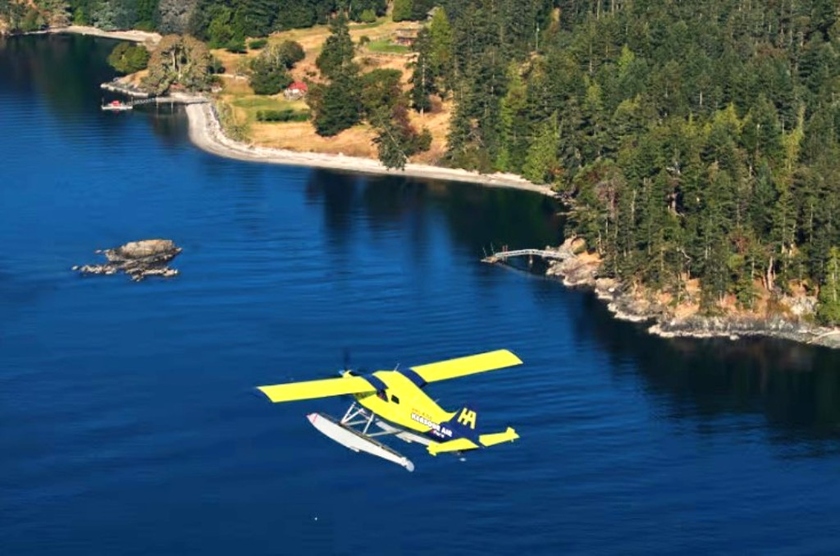| Developers: | MagniX |
| Date of the premiere of the system: | December 2019 |
| Last Release Date: | August 2022 |
| Branches: | Mechanical and Instrument Engineering, Transport |
Content |
2022: Electric Plane Begins Commercial Flights
On August 17, 2022 the Canadian , Harbour Air announced the launch of commercial flights. electroplanes At first, the upgraded hydroplane made a short flight from the mainland to Canada Vancouver Island using an all-electric transmission.
The plane was in the sky for 24 minutes and made a 72-kilometer flight from the Fraser River Terminal to Vancouver Island in Patricia Bay. Harbor Air Vice President Corey Paul said. The plane took off at 8:12 local time from the Terminal River and splashed down 24 minutes later in Patricia Bay off Vancouver Island.
The De Havilland Beaver test flight was entirely electric. Electric engine manufacturer MagniX supported the Harbour Air initiative and developed systems for the aircraft to re-equip. The airline operator is expected to be the first ever fully electrified.
The process of modernizing the six-seater DHS-1 Beaver hydroplanes, which began in 2019, is carried out in partnership with the manufacturer of electric motors. In MagniX December 2019, the modified Beaver made its first successful flight over the Fraser River, and since then the company has continued testing, hoping to eventually receive permission from regulators USA and Canada.
{{quote 'I am pleased to announce that this historic ePlane flight went exactly as planned! Both our team and colleagues at MagniX and Transport Canada are always closely monitoring the performance of the aircraft, and the test flight on August 17, 2022 proved the safety and reliability of what we built, "said Harbor Air Vice President Corey Paul. }}
According to NewAtlas, the company has promised to become the world's first fully electric airline and is confidently moving in this direction.[1]
2019: First flight
In December 2019, the first commercial flights on fully electric aircraft began. This was made possible by Harbour Air and MagniX.
The Australian MagniX converted the de Havilland Canada DHC-2 Beaver piston seaplane into an electric one, installing an electric motor Magni500 a capacity of 750 horsepower magni500. In cruise mode, the engine is able to develop a shaft speed of 1900 revolutions per minute and produce a torque of about 2.8 thousand Newton meters.
The first commercial flight on a six-seat de Havilland Canada DHC-2 Beaver hydroplane was made by Greg McDougall, founder and general director of the Canadian charter airline Harbor Air.
Civil aviation remains one of the fastest growing sources of carbon emissions, as people increasingly prefer airplane flights, and green technologies in this industry are developing very slowly.
The Harbour Air and magniX project, in his opinion of the initiators, should usher in the coming era of electric aviation. According to the head of magniX Roy Ganzarski, the technology will help significantly save air carriers' funds for aircraft maintenance and come to zero emissions.
The companies intend to launch the process of certification of the engine system in a short time and begin mass equipping of aircraft with such electric motors.
By December 2019, the flight of de Havilland Canada DHC-2 Beaver on electric traction can last about half an hour, during which the aircraft can fly about 160 km. The creators expect to increase the range to one to two hours, but this will require additional improvements.
Harbour Air wants to electrify its entire fleet - more than 40 aircraft - by 2022. To do this, the air carrier needs to obtain a special permit and new security certificates.


